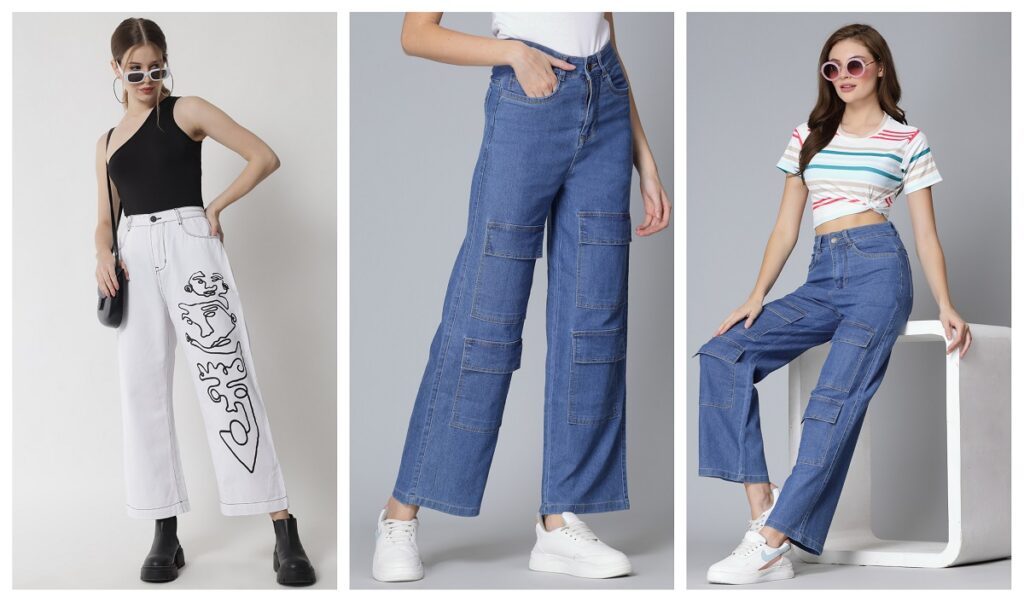Gen Z is reshaping the fashion landscape not just with bold styles and trendsetting aesthetics, but with an unwavering commitment to sustainability. For this generation, being stylish is no longer just about what you wear, but how it was made, who made it, and what impact it has on the planet.
Unlike previous generations, Gen Z consumers are highly informed and conscious of the social and environmental footprints of their purchases. Fast fashion, once dominant for its affordability and trend turnaround speed, is increasingly losing its appeal among young shoppers who question the ethics behind mass-produced clothing. They demand transparency from brands and are quick to call out greenwashing when companies claim to be sustainable without backing it up with action.
Second-hand shopping, upcycling, and vintage finds are no longer fringe habits they’ve become mainstream among Gen Z. Apps and online platforms that make it easy to buy, sell, or swap clothes have grown in popularity, fostering a circular fashion economy. It’s no longer taboo to wear pre-loved clothing; in fact, it’s considered cool, unique, and even socially responsible.
This generation is also more inclined to support small, independent designers who prioritize ethical production, fair labor practices, and low-waste manufacturing. There’s a shift from passive consumption to active participation, where young people use fashion as a form of activism. Wearing sustainable brands, boycotting unethical labels, and promoting slow fashion through social media has become part of their identity.
Moreover, Gen Z doesn’t believe in sacrificing style for sustainability. They are proof that eco-conscious fashion can be expressive, creative, and bold. From DIY outfits made from repurposed materials to capsule wardrobes built on quality over quantity, they’re innovating what it means to look good while doing good.
Education plays a huge role too. With the wealth of information available online, Gen Z is more aware of issues like textile waste, microplastic pollution, and the human cost of fast fashion. This awareness drives their choices and pushes the industry to respond.
Brands are taking notice. More labels are investing in eco-friendly materials, sustainable supply chains, and ethical marketing not just because it’s good for the planet, but because Gen Z demands it. For this generation, fashion is not just personal expression; it’s a moral stance.
In redefining what fashion looks like and stands for, Gen Z is making sustainability not just a trend, but a lasting standard. And they’re doing it with flair, purpose, and pride.

